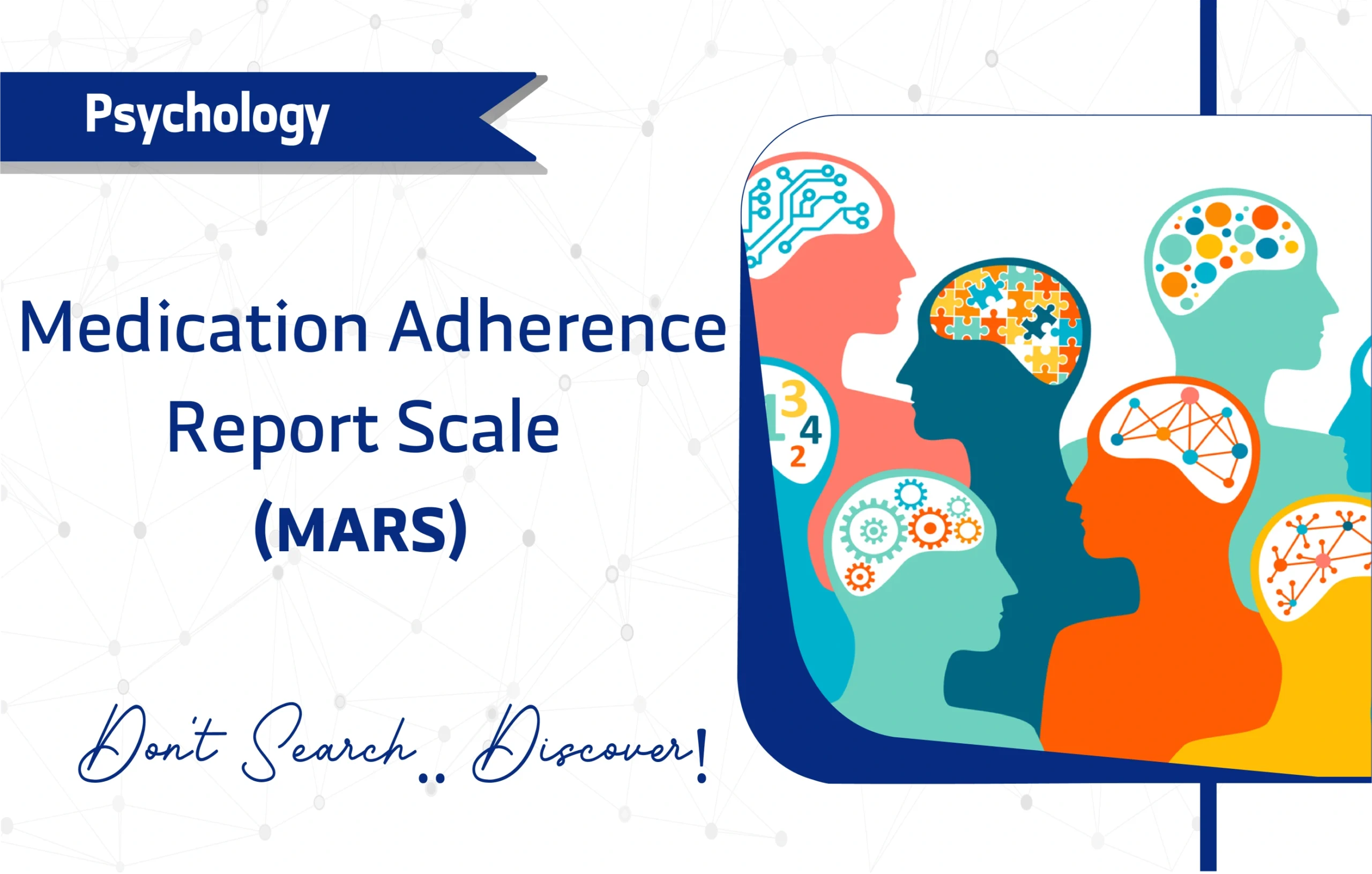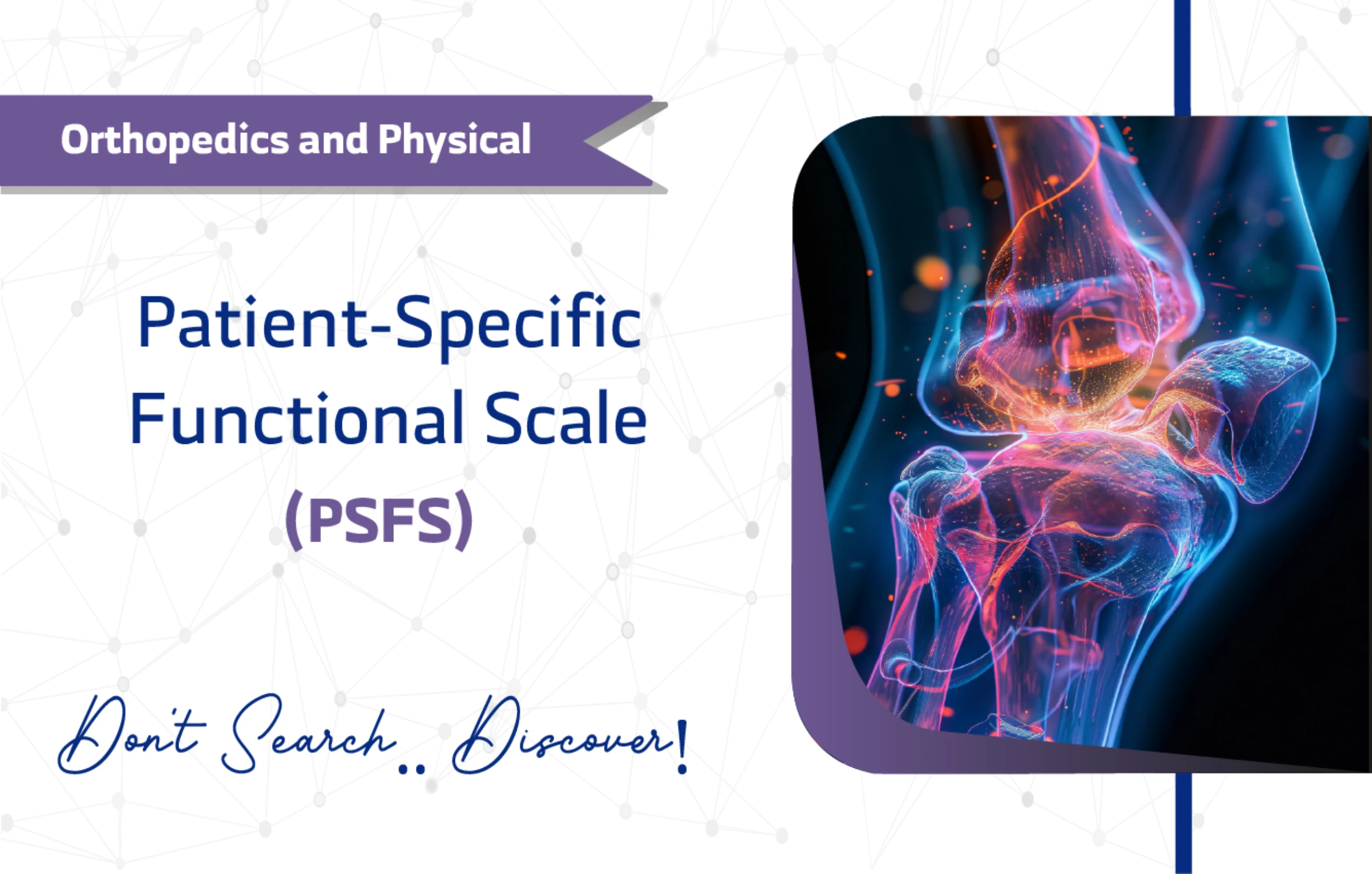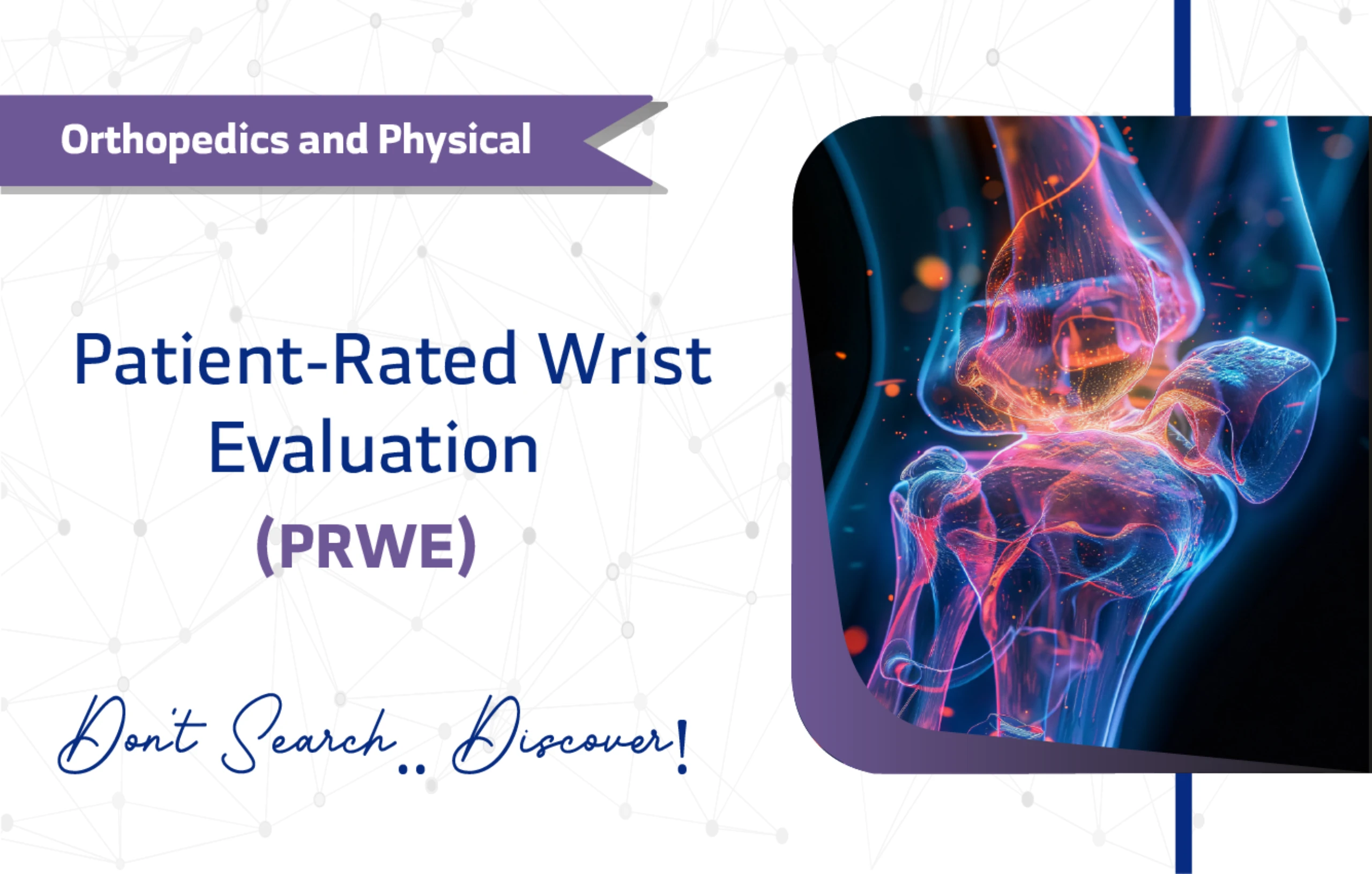Introduction
Medication non-adherence poses a significant barrier to effective treatment, impacting patient outcomes across chronic conditions. Consequently, the Medication Adherence Report Scale (MARS) serves as a vital tool for assessing patient adherence to prescribed medications. Developed by K. Thompson, J. Kulkarni, and A.A. Sergejew in 2000, this concise, self-reported questionnaire has garnered over 1200 citations on Google Scholar, reflecting its widespread use in clinical and research settings.
Therefore, this article offers a detailed guide to the MARS, highlighting its structure, applications, and value in optimizing patient care.
Key Features of the Medication Adherence Report Scale (MARS)
Purpose and Use
The MARS is designed to evaluate adherence to medication regimens, focusing on both behavioral and attitudinal aspects of compliance, and capturing patient perspectives on medication-taking behavior. Its targeted approach makes it a cornerstone for clinicians and researchers aiming to improve treatment outcomes.
Target Population
The MARS is designed for adults aged 18 and older, including:
- Young Adults (18-24 years): Suitable for those managing early-stage chronic conditions.
- Middle-Aged Adults (25-44 years): Applicable to patients with established medication regimens.
- Older Adults (45-64 years): Effective for those with complex or multiple prescriptions.
- Seniors (65+ years): Ideal for elderly patients managing polypharmacy.
It lacks validation for children, adolescents, or non-medicated populations.
Questionnaire Details
The MARS comprises 10 items (MARS-10) covering:
- Forgetting medication.
- Carelessness in taking medication.
- Stopping medication when feeling better or worse.
- Attitudes toward medication.
- Side-effect concerns.
Each item uses a Yes/No response format.
Scoring and Interpretation
The MARS employs a Yes/No response format, producing a total score ranging from 0 to 10, with higher scores indicating better adherence. Patients are considered compliant if they respond “No” to questions 1-6 and 9-10 and “Yes” to questions 7-8. Clinicians can analyze individual item responses to identify specific adherence barriers, such as intentional non-adherence due to side-effect concerns. While no universal cut-off score exists, researchers often use percentile thresholds to flag patients needing intervention.
Administration Format
The MARS offers flexible administration options:
- Paper-based forms.
- Digital (online) platforms.
- In-person interviews.
- Mobile apps.
- Phone or video calls
Users can complete it within approximately 5 minutes,ensuring simplicity and quick completion.
Applications of Medication Adherence Report Scale (MARS)
The MARS supports a range of applications:
- Screening: Identifies patients with poor adherence, prompting timely interventions.
- Monitoring: Tracks adherence changes over time or during treatment adjustments.
- Research: Provides robust data for studies on medication compliance and health outcomes.
For instance, a clinician might use low MARS scores to initiate discussions about medication beliefs, while researchers leverage the tool to study adherence trends in chronic disease populations.
Other Versions And Related Questionnaires
The MARS complements other tools such as:
- MARS-5: A shorter, 5-item version for quicker assessments.
- Drug Attitude Inventory (DAI): Assesses attitudes toward medication, complementing MARS.
- Medication Adherence Questionnaire (MAQ): Focuses on adherence barriers, pairing well with MARS for comprehensive evaluation.
Language and availability
To support global accessibility, the MARS is available in:
- Arabic
- English
- Mandarin Chinese.
- French
- Spanish
- German
The questionnaire is free to use for both commercial and non-commercial purposes, requiring no permission, which enhances its accessibility worldwide.
Reliability and Validity
The MARS boasts strong psychometric properties, with validation studies confirming its reliability across diverse populations. With a Cronbach’s alpha of 0.75, it demonstrates good internal consistency. Additionally, its sensitivity to adherence behaviors makes it a reliable choice for both clinical practice and research.
- Original Validation Study: Study link
Limitations and Considerations
Despite its strengths, the MARS has few limitations to consider:
- Self-Report: Responses may be influenced by social desirability bias or personal interpretation.
- Medication-Specific Focus: Not suitable for assessing non-medication-related behaviors.
Additional Resources
For more information on the MARS, explore these resources:
- Original Validation Study: Study link
- Access Questionnaire: MARS PDF.
- Further validation study:
- Italian version study link
- Nigerian version study link
- Arabic version study link
- A large-scale validation study study link
- Validation of homeless patients with schizophrenia study link
- For Inquiries: Contact K. Thompson at knt@mhri.edu.au
- Additional MARS Resources: Consult HMP Global Learning Network.
Frequently Asked Questions (FAQ)
- Who can use the MARS?
Clinicians, researchers, and healthcare providers use the MARS for adults aged 18 and older managing medication regimens. - How long does it take to complete the MARS?
Patients typically complete it in about 5 minutes, ideal for busy clinical settings. - How is the MARS administered?
Healthcare teams can administer it via paper, digital, or interview formats, offering flexibility. - Is there any cost to using the MARS?
The MARS is free for both commercial and non-commercial use, requiring no permission.
A word from ResRef about Medication Adherence Report Scale (MARS)
The Medication Adherence Report Scale (MARS) offers a reliable, validated, and concise tool for assessing medication adherence in patients with chronic conditions. Whether you are a researcher evaluating treatment outcomes or a clinician improving patient care, the MARS reveals critical insights into adherence behaviors. Consequently, it leads to better outcomes and informed treatment decisions.
References
- Thompson K, Kulkarni J, Sergejew AA. Reliability and validity of a new Medication Adherence Rating Scale (MARS) for the psychoses. Schizophr Res. 2000 May 5;42(3):241-7. doi: 10.1016/s0920-9964(99)00130-9. PMID: 10785582. link
- SOLE Study Group. Translation and initial validation of the Medication Adherence Report Scale (MARS) in Italian patients with Crohn’s Disease. Dig Liver Dis. 2019 May;51(5):640-647. doi: 10.1016/j.dld.2018.09.026. Epub 2018 Oct 4. PMID: 30409692. link
- Sowunmi OA, Onifade PO. Psychometric evaluation of medication adherence rating scale (MARS) among Nigerian patients with schizophrenia. Niger J Clin Pract. 2019 Sep;22(9):1281-1285. doi: 10.4103/njcp.njcp_325_18. PMID: 31489867. link
- Alsous M, Alhalaiqa F, Abu Farha R, Abdel Jalil M, McElnay J, Horne R. Reliability and validity of Arabic translation of Medication Adherence Report Scale (MARS) and Beliefs about Medication Questionnaire (BMQ)-specific for use in children and their parents. PLoS One. 2017 Feb 13;12(2):e0171863. doi: 10.1371/journal.pone.0171863. PMID: 28192467; PMCID: PMC5305281. link
- Fialko L, Garety PA, Kuipers E, Dunn G, Bebbington PE, Fowler D, Freeman D. A large-scale validation study of the Medication Adherence Rating Scale (MARS). Schizophr Res. 2008 Mar;100(1-3):53-9. doi: 10.1016/j.schres.2007.10.029. Epub 2007 Dec 20. PMID: 18083007. link
- Zemmour K, Tinland A, Boucekine M, Girard V, Loubière S, Resseguier N, Fond G, Auquier P, Boyer L; French Housing First Study Group. Validation of the Medication Adherence Rating Scale in homeless patients with schizophrenia: Results from the French Housing First experience. Sci Rep. 2016 Aug 18;6:31598. doi: 10.1038/srep31598. PMID: 27534796; PMCID: PMC4989491. link








